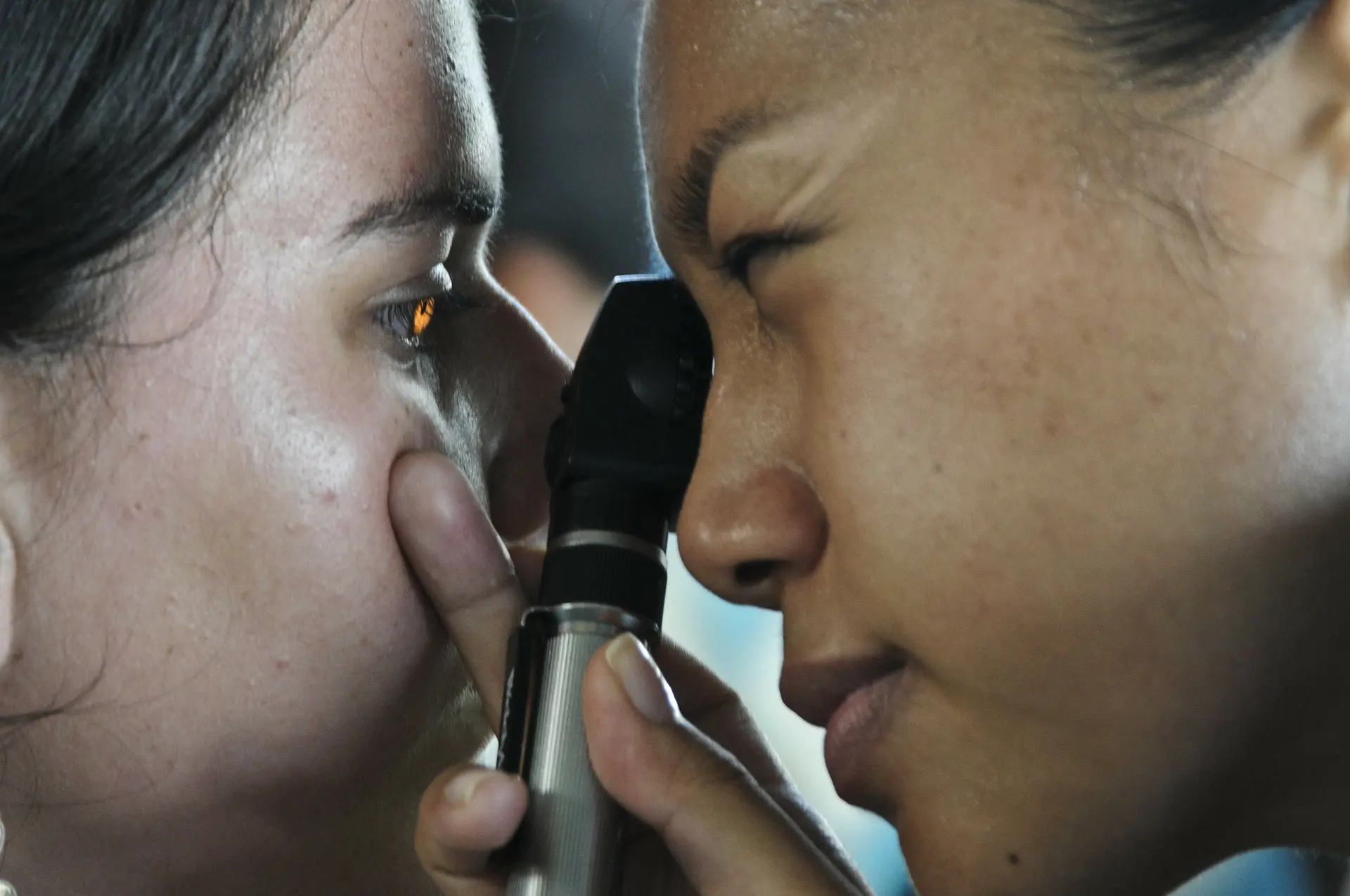Medical Malpractice
Fetal Ultrasound and Birth Defects

Since the mid-1950s, ultrasound technology has helped medical professionals provide better care for pregnant women and their unborn babies. It uses sound waves to produce a picture of a growing child in the womb. Ultrasound procedures are performed routinely to monitor the health condition of the developing fetus, to detect any abnormalities, and to diagnose any conditions that may affect the mother or the baby. Medical errors associated with an ultrasound could lead to a failure to diagnose a range of maternal and fetal problems.
How Did a Patient End up With 4 Inches of Cement in His Heart?

Incredible as it may seem, a man ended up with four inches of cement in his heart because of a previous medical procedure, as reported in Science Times. This cylindrical foreign object was discovered by doctors in the inner regions of the man’s heart. It was surgically removed, and the patient is now well on the road to recovery, as stated in a WebMD article.
Consequences of Negligently Placed Shunts

Shunt systems save lives for patients with hydrocephalus. This condition can be caused by infections such as meningitis, stroke, head trauma, traumatic brain injury, or genetic disorders. It involves a buildup of cerebrospinal fluid in the brain, which can result in extreme pressure and irreversibly damaged brain tissue. The usual treatment for hydrocephalus is surgical insertion of a shunt system to re-route excess cerebrospinal fluid to another area of the body where it can be reabsorbed. Medical negligence can contribute to shunt injury in several different ways.
The Risk of a Positioning Error

During surgery, doctors may use several different positions to easily access surgical sites and complete an operation. When placing a patient into position, staff should always keep in mind how certain positions may cause serious injuries or trauma to the body. Nerve damage, fractures, and blood loss are all real possibilities when staff position a patient incorrectly.
Allergic Reactions: The Secret Danger of Anesthesia

While most people do not have an allergic reaction to anesthesia, it can cause a number of problems for those who do. The medical professional treating you should review your complete medical history and past allergic reactions before ordering or administering any anesthesia, as failing to do so may lead to several health problems. Here are some examples.
The Danger of Medication Errors Leading to Kidney Failure

When a doctor prescribes a drug, he needs to carefully review every detail with the patient – and his peers. Giving a patient the wrong medication, too high of a dosage, or medication that the patient is allergic to puts that patient in danger of suffering a severe adverse reaction. Medication errors are one form of medical malpractice, but our topic today is how they can lead to a kidney damage: a life-threatening condition.
Strokes and Negligent Doctors

A stroke, no matter the underlaying cause, is a medical emergency. Untreated strokes can cause brain damage, leading to a lasting disability, or even death. While doctors should always be on the lookout for the possibility of a stroke, many are not. In fact, a number of patients who suffer from strokes are misdiagnosed or their diagnoses are delayed before they can get the treatment they need.
When Misdiagnosis and Vision Loss Mix

No one wants to lose their eyesight. The ability to see brings us great beauty as well as a unique connection to the world, and losing it would be an incredible blow to your ability to work, travel independently, and even perform your favorite hobbies. There are many medical conditions that can lead to vision loss, and we trust doctors to diagnose and treat these conditions in a timely manner. Some medical professionals are negligent, and as a result, many patients suffer from vision loss.
What You Need to Know About the Colorado Candor Act

When you go the hospital, or to see your general practitioner, you do so under the assumption that they will take proper care of you, and help you stay healthy. Sadly, this isn’t always the case. Many people find themselves victims of medical malpractice, which leaves them sick or injured, or even costs their life. After such a tragedy, the victim or family may seek compensation, demanding justice from the medical professional who harmed them. Not that long ago, getting compensation in a medical malpractice claim could be difficult, but thanks to the Colorado Candor Act, things have changed.
The Horrors of Wrong Site Surgery

Surgery is already a nerve-wracking notion for many patients. Despite the fact that surgery is meant to aid in proper healing, the image of a masked surgeon wielding a sharp scalpel is just too much for some people. Surgeries can be painful and scary experiences. The process inflicts trauma and stress on the body. We can’t say we blame anyone who wants to avoid surgery as much as possible. Sometimes, patients endure the pain, fear, trauma and stress only to find out their surgery was done on the wrong body part. We call this a wrong site surgery.